Quianfeng Tang, perhaps better known by his toonpool.com alias TTT, lives in Guangzhou, the biggest city in Southeast China. Tang’s editorial cartoons appeared in several newspapers. In 2010 he published his first cartoon book “In Memory of the Color of the Wind” which tells the story of a Chinese student in the early 1980s. These days, 42 year-old Tang is the head of a company for architectural computer graphics and works on a sequel to his book in his spare time.
![]() Tang, In Memory of the Color of the Wind sounds like a really interesting book. Could you tell a little more about it?
Tang, In Memory of the Color of the Wind sounds like a really interesting book. Could you tell a little more about it?
The book is about my six years in middle school – from 1980 to 1986. There are some funny anecdotes but you can also learn a great deal about the important events that happened in China at that time.
Frankly, I have no idea what the early ’80s were like in China…
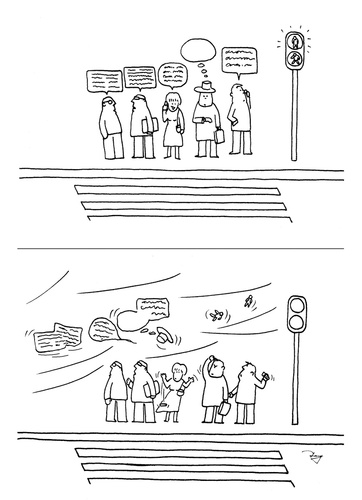 Looking at school life, there’s a big difference from the current system of education. Let alone from Western education. If you look at society as a whole, the early ’80s are a very sensitive period to China. They represented a key transition between the notorious Cultural Revolution and Deng Xiaoping’s policy of reform and opening to the outside world – which led to China’s booming economy.
Looking at school life, there’s a big difference from the current system of education. Let alone from Western education. If you look at society as a whole, the early ’80s are a very sensitive period to China. They represented a key transition between the notorious Cultural Revolution and Deng Xiaoping’s policy of reform and opening to the outside world – which led to China’s booming economy.
Generally speaking, although the living standard was very low, people in the early ’80s had a certain charming simplicity – and they were much more energetic, more aspirant.The whole society was full of energy. One slogan or a single gold medal in the Olympic Games would render the whole society crazy excited.
On the other hand, since the law system was destroyed so severely [during the Cultural Revolution], crime rates were very high. This led to the first “Yanda” in 1983. Tens of thousands of criminals were executed who should not have been killed by the ordinary law.
Overall, China then was totally different from China as it is today, not to say different from the Western society. Sadly, many youngsters know nothing about these events, they forget the history. That’s one of the reasons why I want to write a whole series of books.
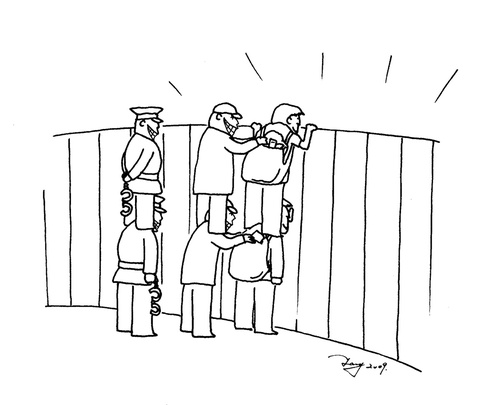 I think that your cartoons look very Western. At times they remind me of Saul Steinberg’s work..
I think that your cartoons look very Western. At times they remind me of Saul Steinberg’s work..
You are right, I like Saul Steinberg’s style. I am also impressed by Mies van der Rohe’s wisdom: Less is More. That’s why I like to use very simple lines in black and white to express my ideas. Also my spare time is very limited. I’d rather spend more time on thinking than on drawing.
Do you prefer this Western style to a more “Chinese” approach?
Actually I am still trying to find out which style is suitable for me. In my opinion there are two sides to “style”: a mental and a material side. Mentally, I am deeply influenced by Chinese culture. My cartoon “Thieves”, for example, was inspired by a famous Chinese idiom: The mantis stalks the cicada, unaware of the oriole lurking behind itself.
 Materially speaking, you are right that so far I am sticking to a Western style… But I am very interested in trying a more Chinese style or in combining the two. I admire works like this one by famous Chinese artist/cartoonist Feng Zikai (right). The caption reads: “After guests have left, there only remains a crescent like water in the sky.” A very beautiful artistic conception – making use of both a Chinese drawing style and Chinese cultural tradition.
Materially speaking, you are right that so far I am sticking to a Western style… But I am very interested in trying a more Chinese style or in combining the two. I admire works like this one by famous Chinese artist/cartoonist Feng Zikai (right). The caption reads: “After guests have left, there only remains a crescent like water in the sky.” A very beautiful artistic conception – making use of both a Chinese drawing style and Chinese cultural tradition.
I know that this will definitely destroy a cartoon.. but I don’t get this one . Could you explain it?
If you knew more about Chinese culture, I am sure it would be easier for you to understand the cartoon. Feng Zikai drew this cartoon to express the artistic concept described in an old poem written during the Song Dynasty . “Chán” describes emptiness and quietude of space and time – the eternal instant or the instantaneous eternity.
You see the teapot and a couple of cups on the table. You can imagine that the guests had tea and talked and had a good time a moment ago. Now the guests are gone but the teapot, the cups, the table, the shade and the moon are still there. It’s just some simple black lines with plenty of white space, yet you can imagine a lot. You feel the calmness and the beauty. That’s the Chinese artistic conception. In a way this is a painting rather than a traditional cartoon.
Do most Chinese cartoonists stick with these kinds of artistic traditions?
Several Chinese cartoonists, especially the old generation, like to use Chinese brushes to draw cartoons. Yet more and more young cartoonists tend to draw in a Western style.
What is it that makes a Western style more attractive to younger cartoonists?
Good question. You know.. China has been in a process of a rapid change during the last thirty years. I think that the Western style of cartoons is attractive to them because today Chinese society as a whole is attracted to Western style – life style, working style, fashion style, etc. Especially the younger generations. The youngsters receive less Chinese cultural education than we did and they grow up with a lot more of Western culture.
The Western style is much more in demand.Therefore fewer cartoonists insist on the Chinese style, hence the quality of Chinese style cartoons decreases – it’s a vicious circle.
I think many cartoonists are influenced by American or Japanese cartoonists and many readers favor cartoons from these two countries. Unfortunately the traditional editorial cartoons are not easy to develop due to the political atmosphere. This means that entertaining or silly cartoons are invading society.
How do Chinese cartoon artists share their work? Are there internet platforms similar to toonpool.com or deviantArt?
There are some internet platforms that specialize in cartoon sharing like toonpool.com. One of them is cartoon.chinadaily.com.cn I used to post my works there but I no longer do since there are some shortcomings: You can’t comment on a cartoon and there are fewer and fewer viewers. But you can still find some useful information there.
Thanks for your time!
© toonpool.comTags: china, Quianfeng Tang, TTT
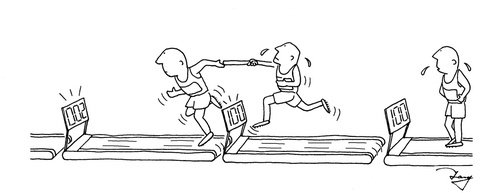
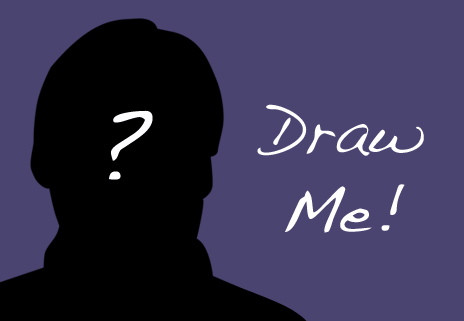
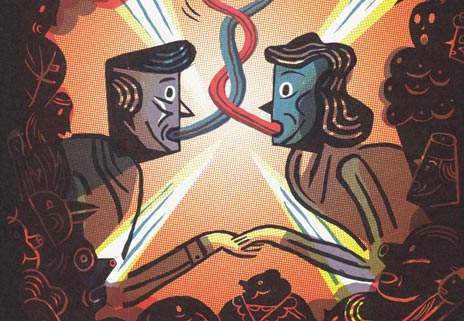
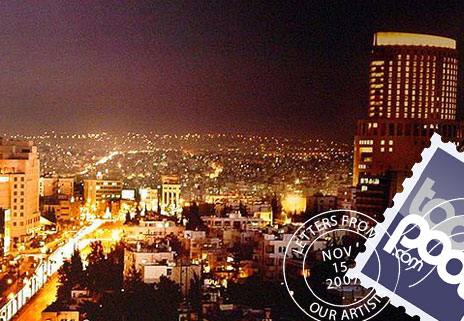
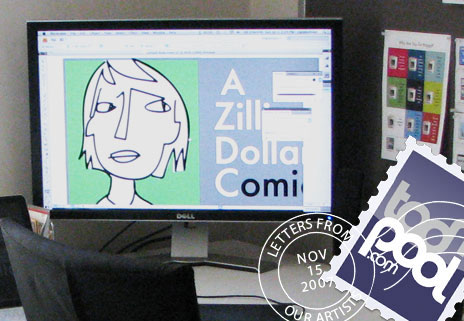
Oh how I favorite the music penalisation from the decennium, everything seemed to be way much productive than nowadays punishment.
A very interesting interview. I am very interested to see how Qianfeng Tang continues to evolve his unique blend of Western and Chinese art.